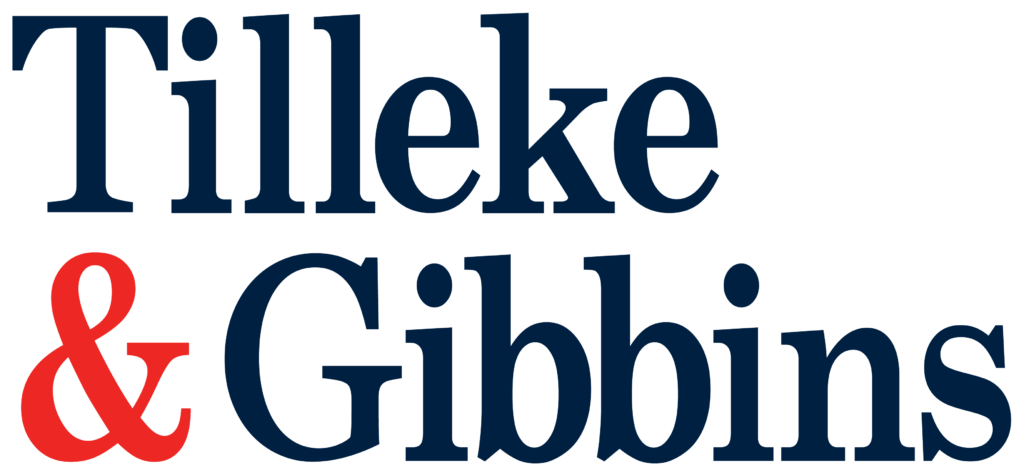Thailand’s labeling requirements have new rules on product label font size and readability following the issuance of Announcement of the Label Committee Re: Characteristics of the Label for Label-Controlled Goods No. 3, which is a bylaw of the Consumer Protection Act (CPA).
The announcement takes effect on June 18, 2023, and applies to all “label-controlled goods,” which are described under the CPA and its bylaws as goods either produced by factories in Thailand or imported into Thailand for sale. The labels of these goods must meet current labeling requirements, such as having information about the product name, quantity, intended use, cautions, and expiry date. Label readability—specifically in terms of the size of text on labels—is also a mandatory requirement, and is the focus of this latest announcement.
Text size requirements are an important part of ensuring that consumers are fully aware of the details of a product before deciding to purchase the goods. According to the announcement, any statement or text displayed on a label must be easily visible and readable. The size of the text must be proportional to the label area. Specifically, the text height must not be less than 2 millimeters (or 1.5 millimeters for labels with an area of less than 35 square millimeters). The announcement does not clarify exactly how the height of the text will be determined.
Some companies have expressed concern that these requirements are too strict and will be challenging to meet, especially for small businesses. The text size requirements may be expensive to implement, as the larger text requires more space on the label, potentially leading to larger labels or packages, higher production costs, or even expensive recalls to affix new labels. In some cases, text size requirements may even make it impossible to fit all the required information on the label.
A violation of these regulations can lead to fines of THB 50,000 (approx. USD 1,500), imprisonment of one month, or both. In addition, trading partners who sell the label-controlled goods could be penalized as well, and certain trading partners may end up not being allowed to place the goods for sale on their trading platforms.
It is also essential that labels continue to comply with all other applicable requirements, such as the Thai-language requirement and possibly inclusion of certain symbols or hazard pictograms. While ensuring that your labels comply with the ever-changing labeling laws in Thailand can be challenging, seeking advice from a regulatory consultant or lawyer can help keep labels in line with the latest regulations.
For more information on this announcement, please contact Dr. Atthachai Homhuan at atthachai.h@tilleke.com.







